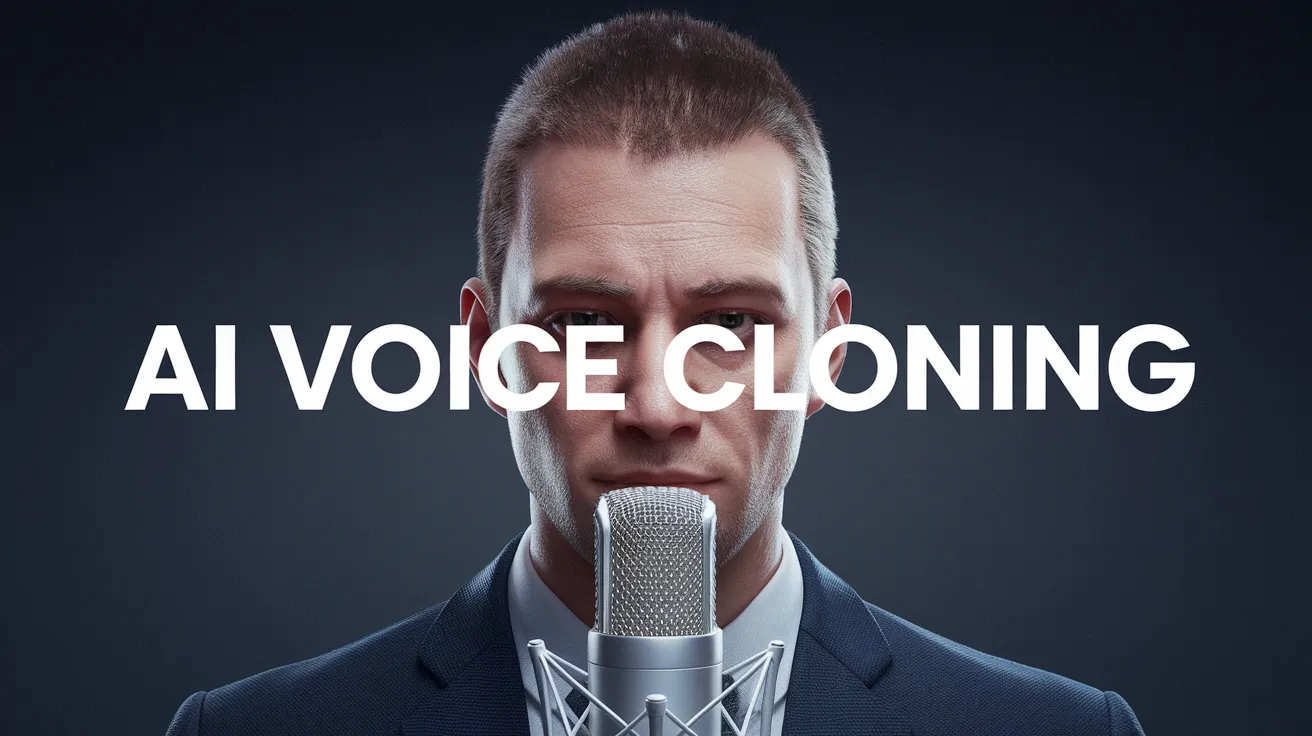AI Voice Cloning: Legal Gaps Exposed

Growing Concerns Around AI Voice Cloning
In recent times, AI voice cloning technology has raised serious concerns as it increasingly exploits the voices of notable figures without consent. Celebrities such as Jennifer Aniston, Oprah Winfrey, and Kylie Jenner have found their voices artificially replicated by fraudsters. Most alarmingly, David Attenborough has expressed his profound disturbance upon discovering that his cloned voice was misused for partisan news bulletins in the United States.
The Rapid Evolution of Technology
Experts warn that the advancement of voice-cloning technology is outpacing existing legal frameworks. Dr. Dominic Lees, an advisor to a UK parliamentary committee, highlighted how current privacy and copyright laws fail to protect individuals like Attenborough. As voice generators evolve, mimicking even the subtlest nuances of human speech, the need for updated regulations has become evident. Lees emphasized that without government regulation, the misuse of voice cloning may continue unabated, posing risks of fraud and identity theft.
Escalating Fraud Cases
Statistics reveal a worrying trend; AI voice cloning scams have risen by 30% in the UK over the past year. A study from NatWest bank indicated that 28% of respondents had encountered an AI voice-cloning scam. This technology is not only being used for impersonation but also for variations of existing scams, such as the “hi mum” trick, making it increasingly difficult for victims to ascertain the authenticity of calls.
The Ethical Dilemmas of Synthetic Media
The ongoing inquiry into the ethical implications of AI in film and media by the House of Commons aims to address these critical issues. While examples like the AI-generated series featuring the late Michael Parkinson are produced with consent, the larger picture remains murky. Fraud and misuse loom large as unresolved challenges, impacting both celebrities and the general public.
The Voiceover Industry’s Response
As the voiceover industry adapts to these technological shifts, Joe Lewis from the Voiceover Gallery noted that AI works better with certain demographics, specifically English male voices, potentially due to training biases. However, he cautioned that AI lacks the emotional depth of human voices, which can lead to a less engaging listening experience. The repetitiveness of AI-generated breaths further detracts from the authenticity of the imitation, suggesting that while technology may advance, capturing the full emotional spectrum remains a substantial challenge.
Addressing Identity Theft
The rising trend of identity theft through voice cloning has been met with strong reactions from those affected. Attenborough articulated his dismay over the appropriation of his identity for misleading purposes, underlining the significant potential for damage to personal reputations and legacies. As technology develops, the dialogue surrounding its ethical and legal ramifications continues to evolve, demanding urgent attention from lawmakers and society alike.